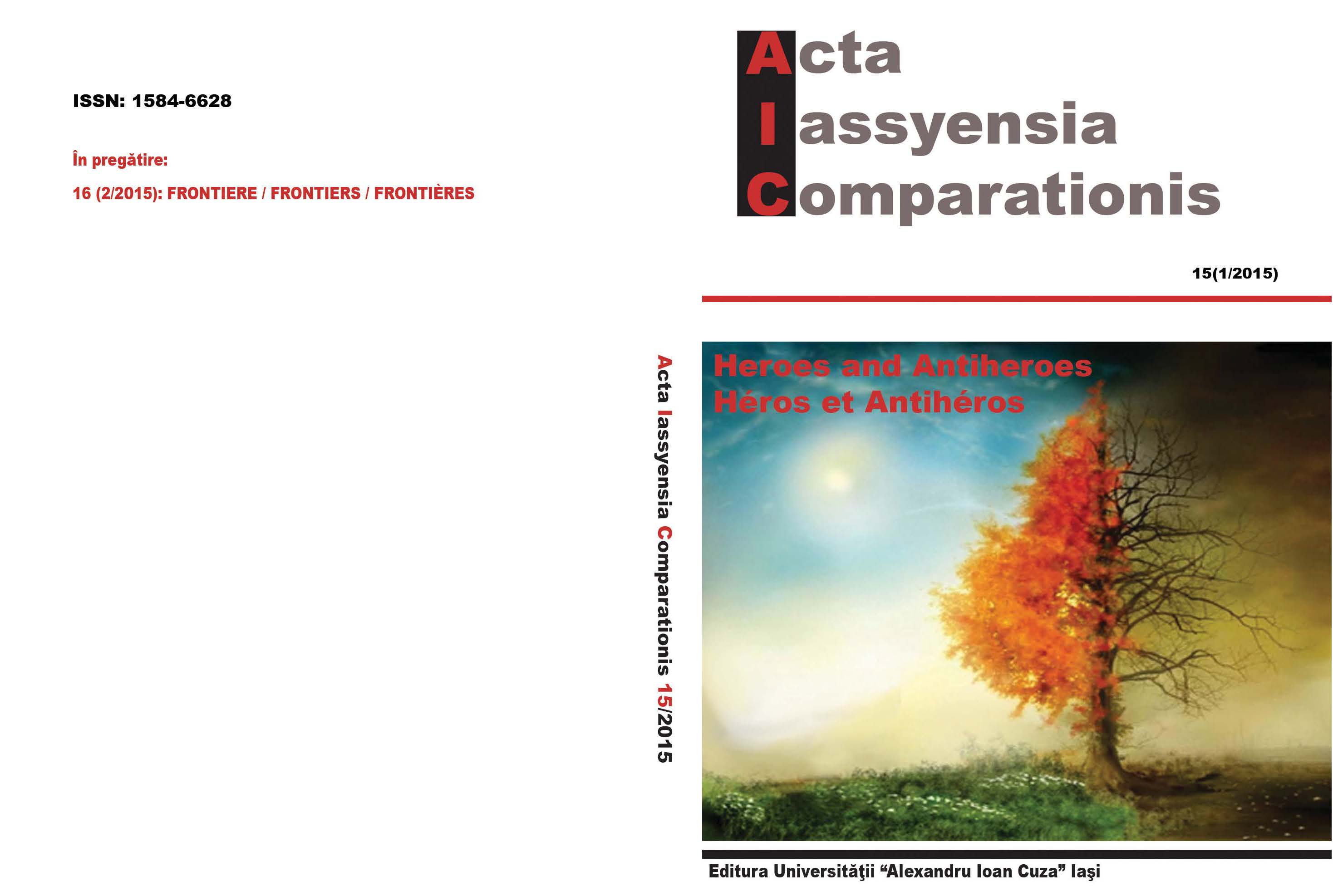Manichéisme et machiavélisme dans le théâtre de Byron,
Musset et Schiller
Machiavellianism and Manichaeism in Drama: Byron, Musset and Schiller
Author(s): Agnes FeltenSubject(s): Theatre, Dance, Performing Arts, Studies of Literature
Published by: Editura Universităţii »Alexandru Ioan Cuza« din Iaşi
Keywords: Machiavellianism; Manichaeism; Byron; Musset; Schiller; drama; hero;
Summary/Abstract: Theater has always valued heroes. Thus, the heroes’ negative sides play a very important part in the economy of the theatre. We will approach characters considered evil and Machiavellian, evolving in a highly Manichaean dramatic universe. In order to illustrate this point, we have chosen the theatrical works of Byron, Musset and Schiller. These three authors have given us some remarkable heroic figures, but also some remarkable less heroic ones, involved in conspiracies and conflicts, showing excessive cruelty and prone to murder. In drama, these degenerates function as mirrors for the heroic protagonists, a function attributed to them since Antiquity. Theatrical Manichaeism allows being inspirational from a visual point of view. The stage imposes strong constraints on the characters, their evolution depending on the advances in theatrical techniques and aesthetics. Infact, the ethics of evil creates a paradoxical aesthetics, inspired by the dramaticheroes, sometimes considered strange and monstrous
Journal: Acta Iassyensia Comparationis
- Issue Year: 1/2015
- Issue No: 15
- Page Range: 49-58
- Page Count: 10
- Language: French

